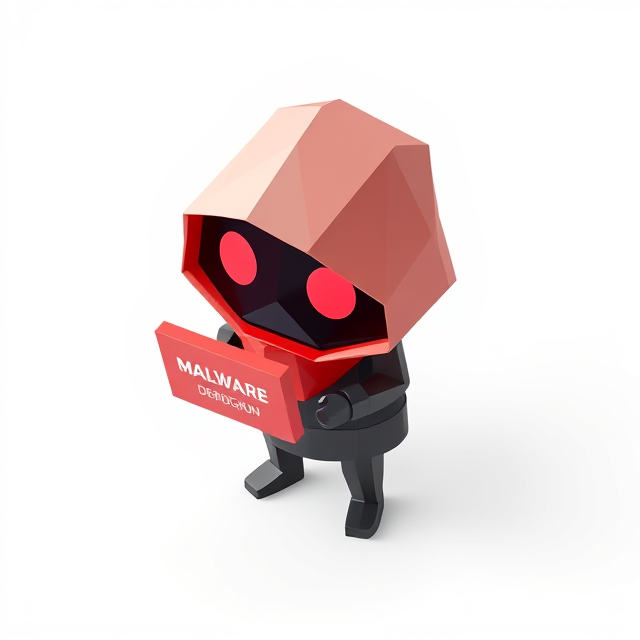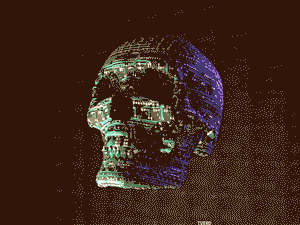
Gitea Repo
Website: Gitea Repo
The Gitea repository project demonstrates the power of self-hosting and secure application deployment. It leverages Gitea, a lightweight Git hosting solution, and Docker to create a scalable, efficient, and secure platform for managing code repositories. Along the way, it provided an invaluable learning experience in containerization, multi-user management, and implementing advanced security measures for web-exposed services.
Key Features:
- Docker-Based Deployment
The project utilizes Docker for deploying the Gitea platform, streamlining the setup process, and ensuring easy scalability and maintenance. This approach simplifies updates and allows for a modular infrastructure. - Secure User Management
Addressing the challenges of managing user accounts exposed to the web was a significant milestone. Implementing measures like account validation, rate-limiting, and monitoring helped mitigate risks, particularly from automated web scrapers attempting unauthorized access. - Self-Hosting Benefits
Hosting repositories on a personal server provides complete control over the platform, enhancing privacy and security. It eliminates reliance on third-party services, allowing for customization to meet specific needs. - Enhanced Learning Opportunities
The project served as a gateway to mastering Docker, improving skills in managing multi-user environments, and implementing real-world security protocols. These lessons are directly applicable to other self-hosted services and applications.
Impact:
The Gitea repository project is more than just a Git hosting service—it’s a demonstration of the value of self-reliance and technical growth. By deploying and managing this platform, the project provides a secure, flexible environment for hosting code, fostering a deeper understanding of web application security, and showcasing the benefits of owning critical infrastructure.
This platform empowers developers and teams to have full control over their repositories, making it an ideal solution for those prioritizing privacy, security, and customization. Moreover, the experience gained from overcoming challenges like unauthorized access has broader applications in designing and managing secure, scalable systems.






